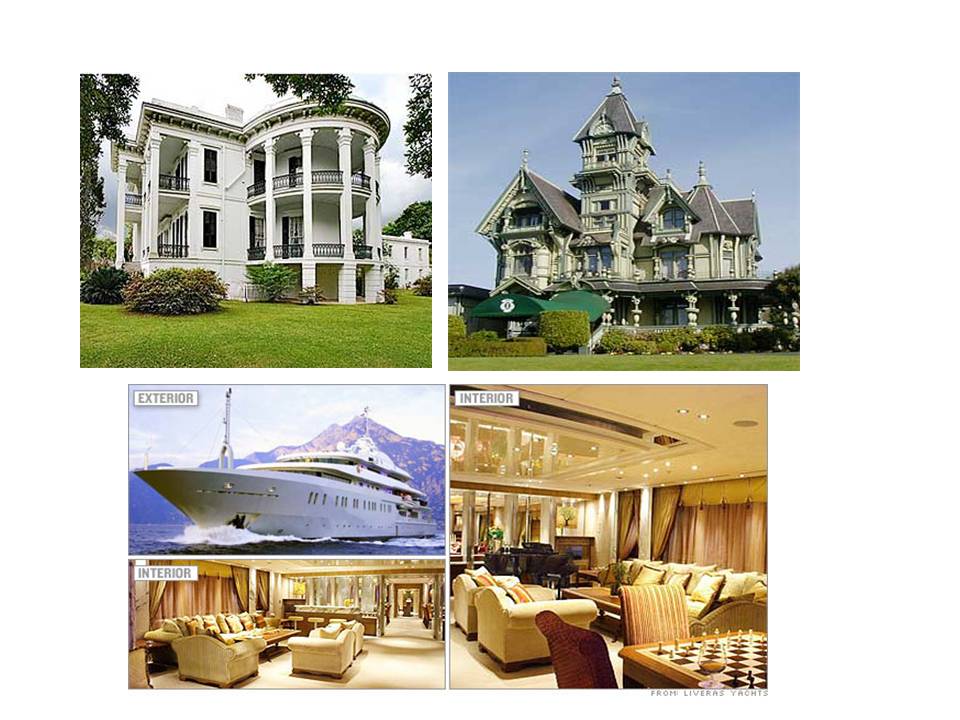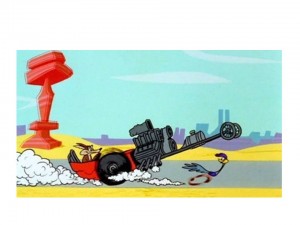The oil and gas speculation of Wall Street commodity traders has raised gas prices by more than 64 cents a gallon, say Senator Cantwell of Washington state and Commodity Futures Trading Commission (CFTC) commissioner, Bart Chilton.
The pie chart indicates the amounts and proportions for the cost breakdowns, assuming $4.00 per gallon for gasoline at the pump, close to the average price now.
In essence many are saying that Wall Street speculators get in the market only to bid up commodity prices for some 25 commodities. Their activities are as sterile as their sale of worthless derivatives, which led to the great recession.
We consumers have the privilege to pay 16% more for gas to fund their greed-fest. We provide so much monetary support to them that we could perhaps declare them dependents on our income tax form.
More victims of their greed-quest include the poor in developing countries. They have the privilege of paying more than 50% of their income for overpriced food, brought about by commodity speculation.
In fact, you might say that greed among commodity traders helped bring starving Egyptians to the streets of Cairo and helped to bring the overthrow of Egyptian President Hosni Mubarak. For them, unaffordable food prices was the last straw.
What changed, enabling this thievery?
By the 1990s, it was the growing power of Wall Street: money, power and influence over leaders in federal and state governments. Increasingly, Republicans became lackeys of the rich and Democrats, just compromised.
The Commodity Futures Trading Commission (CFTC) in the Obama administration is supposed to protect consumers and commodity producers against the excesses of financial speculators.
For over fifty years, the CFTC and its predecessor organization worked to protect commodity buyers, sellers and consumers. It began when FDR guided the passage of the Commodity Exchange Act in 1936, stopping Wall Street brokers from exploiting the commodity market for personal gain, this by manipulating the prices of necessities like wheat, corn, soybeans, oil, and gas..
The bill established physical hedgers, buyers and sellers of commodities, as well as speculators. The speculators only existed to provide a place to buy or sell their products. The government set up position limits with commissioners tightly controlling transactions so that one buyer could not control commodity prices. It worked quite well until the advent of neo-conservative influence.
In 1991, the CFTC under George H.W. Bush gave unregulated rights to a few companies, beginning with Goldman Sachs. Goldman Sachs was the same company that practically dictated its own bailout rules in 2008 before Obama took office. By 2008 the control by Goldman Sachs and other greed-mongers was signaled by the highest gas prices we have ever had.
Money invested in commodity indices rose from $13billion in 2003 to over $317 billion in 2008, in less than five years time. During that same period, a period not accompanied by a decline in supply, the average price per barrel of crude oil went from $31.61 to $137.11. Accordingly the average price per gallon went from $1.93 to $4.09. This surge in prices was only interrupted by Wall Street’s recession.
Though more than 20 Democrats have called for action by Barack Obama, he has yet to set position limits for uncontrolled speculation. The result is that speculators are hampering economic recovery, specifically hurting American commuters, small businesses, farmers, and trucking companies, while actually increasing world hunger.
One wonders if his job is to enrich Wall Street companies like Goldman Sachs.
In effect, we are forced into a game fashioned by Wall Street brokers who make the house rules for the casino they call capitalism.
Their rules also requires protection money, protecting us against their failure. It sounds like an Al Capone movie.
Certainly over the last several decades, welfare for the rich – tax cuts, subsidies, tax shelters, crop supports, and tax credits — should assure us ownership in the additional trappings of wealth we have made possible for the top 1%, and additionally adding to their wealth with high commodity prices they have manipulated.
Below are mansions and a yacht your money may have helped purchase.
Enjoy!!






